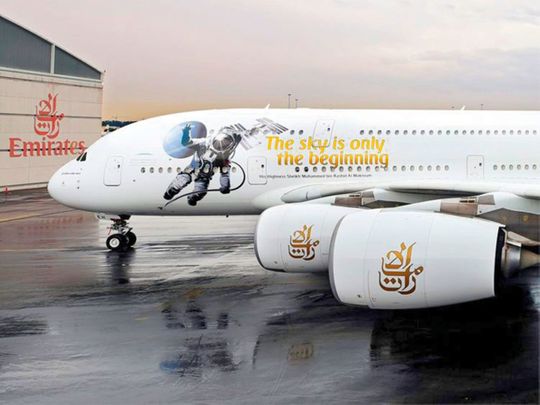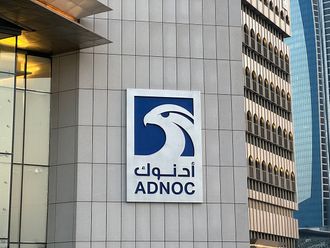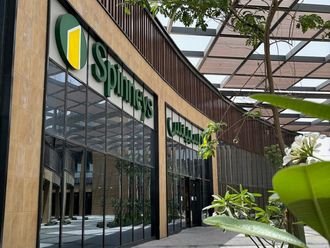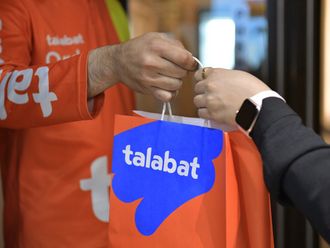
Dubai: Emirates expects its full fleet of Airbus A380s and Boeing 777s to be in use by the end of the year as the rollout of coronavirus vaccines renews confidence in travel.
Several countries have started or announced programs to inoculate residents, with some believing they can vaccinate a majority of their population this year.
Emirates President Tim Clark has repeatedly said a vaccination programme would be vital to any recovery for the travel industry, which saw demand collapse in 2020.
The 71-year-old Clark, who has delayed his retirement to tackle the crisis, said on Wednesday he did not think a recent wave of new infections and restrictions in some countries would further impede the recovery.
"I think we always anticipated a bumpy patch," he told Reuters in an interview.
"Once the pandemic is over and the global inoculation program has kicked in at pace, then I see the restoration and a recapture of activity curves in all aspects of the global economy at pace, probably in the middle to back end of this year." Clark, a respected industry veteran, has throughout the crisis been more bullish about a rebound than many of his peers.
Emirates is currently flying 17 of its 115 A380s and 137 of its 160 777s, with some passenger jets operating as cargo planes.
Last week, Emirates was flying to about 120 destinations, compared to 157 before the pandemic.
"We're in a good place with the fleet that we have, albeit not as highly utilised as it was prior to the pandemic, to start operating again as soon as the doors open with regards to accessibility to the markets," Clark said.
Emirates, which reported a $3.4 billion half-year loss and received $2 billion from the Dubai government to help it through crisis, will report a full year loss for the year ending March 31, he said.
The airline is expected to return to profitability in the year ending March 31, 2023 and as it stands does not need any more financial assistance from the government, Clark said.








